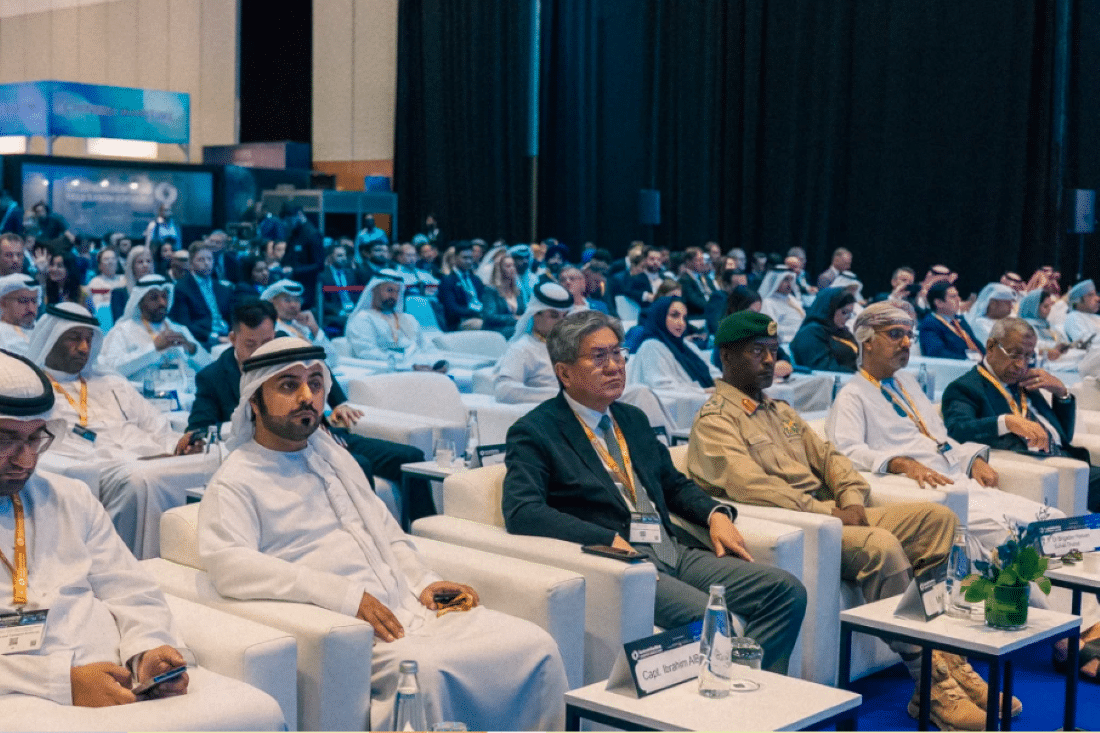Navigating New Waters: Challenges and Opportunities for the Maritime Industry Workforce
Key Ideas
- Adapting to new energy sources like ammonia and hydrogen requires comprehensive training for seafarers, encompassing not just technical skills but also mental resilience and leadership development.
- Technology, such as virtual reality simulators and gamified learning platforms, is revolutionizing training methods to prepare seafarers for handling new fuels and high-stress scenarios.
- In addition to technical expertise, seafarers need to focus on mental well-being, safety awareness, leadership, and cultural sensitivity to navigate the evolving maritime industry successfully.
- Addressing the aging workforce issue necessitates intentional skill transfer through mentoring programs and peer learning opportunities to ensure the continuity of critical knowledge and experience.
The maritime industry is facing a critical need to adapt its workforce for the emergence of new energy sources like ammonia, methanol, hydrogen, and biofuels. The urgency lies in the unpreparedness of seafarers to handle fuels significantly different from traditional options. At the SeaTrade Maritime Logistics Middle East event, it was emphasized that training 800,000 seafarers, preparing trainers, and updating facilities are vital challenges. The multifaceted training requirements extend beyond technical know-how to include mental health, leadership skills, and cultural awareness.
To meet these challenges, the industry is turning to innovative technologies like virtual reality simulators and smart wearables to provide seafarers with practical experience and decision-making skills in diverse scenarios. Mental and emotional resilience are highlighted as crucial aspects, alongside technical proficiency, to ensure seafarers can effectively manage high-stress situations and the introduction of new fuels.
The changing work environment also demands a focus on leadership, teamwork, and safety training, especially with the increasing use of ammonia and hydrogen. Seafarers must not only understand the technical aspects but also be adept at responding to emergencies related to the unique hazards of these fuels. Additionally, as maritime teams become more diverse, cultural sensitivity and effective communication are essential for team performance.
The industry also grapples with the challenge of an aging workforce, necessitating intentional skill transfer through mentoring programs and peer learning. The emphasis is on not just attracting new talent but also retaining experienced workers to ensure knowledge continuity. By addressing these training and workforce development challenges comprehensively, the maritime industry aims to equip its workforce with the skills and resilience needed to thrive in a rapidly evolving and high-pressure environment.
Topics
Training
Workforce Development
Safety Culture
Training Challenges
Technology In Education
Diversity In Teams
Aging Workforce
Latest News
